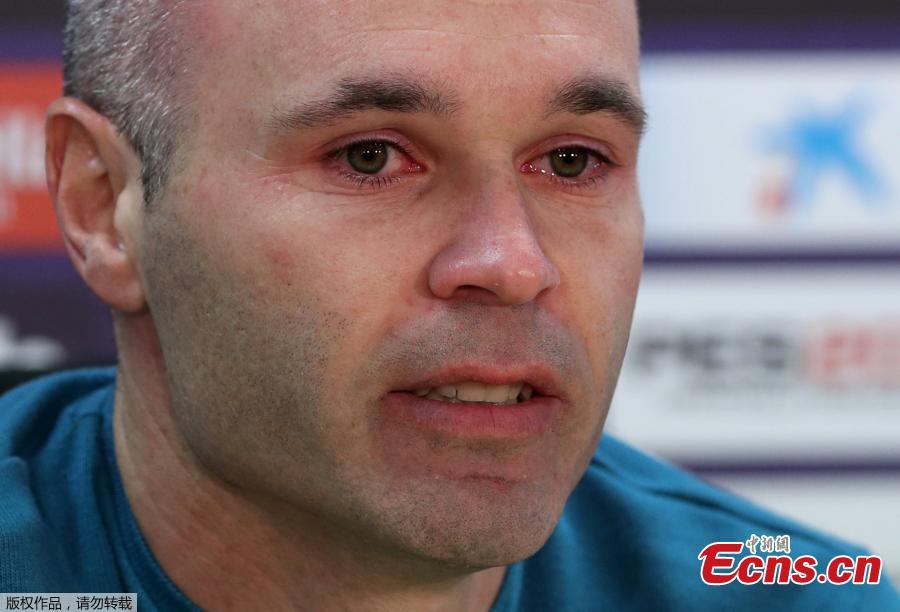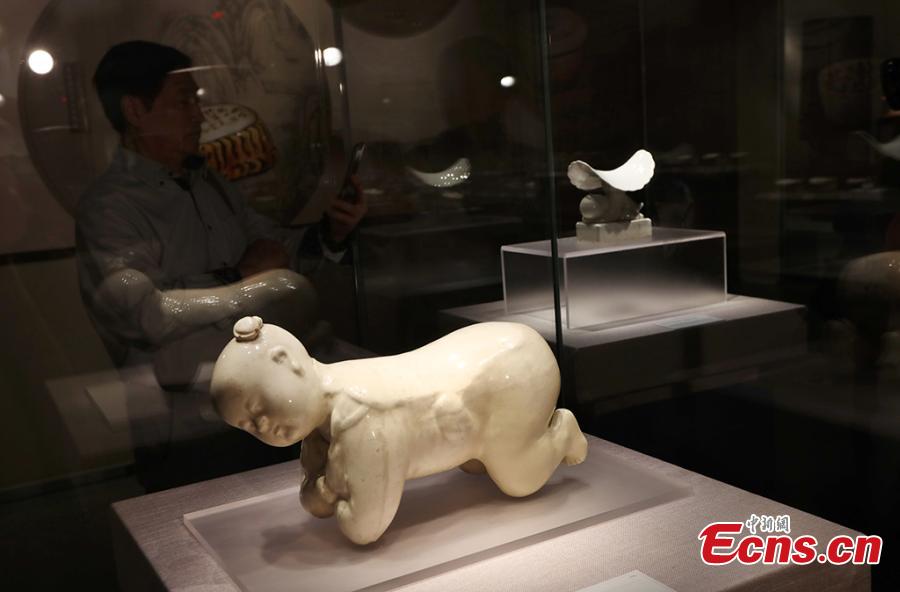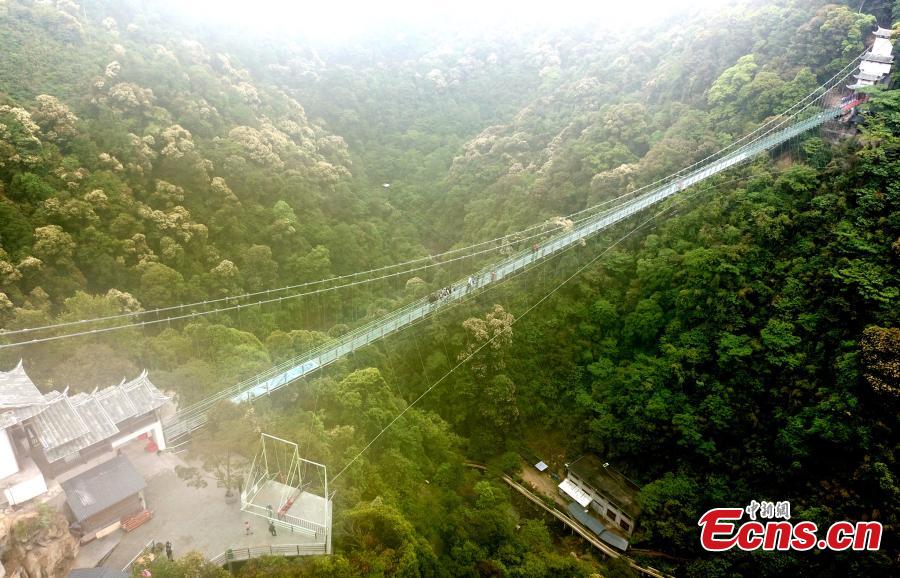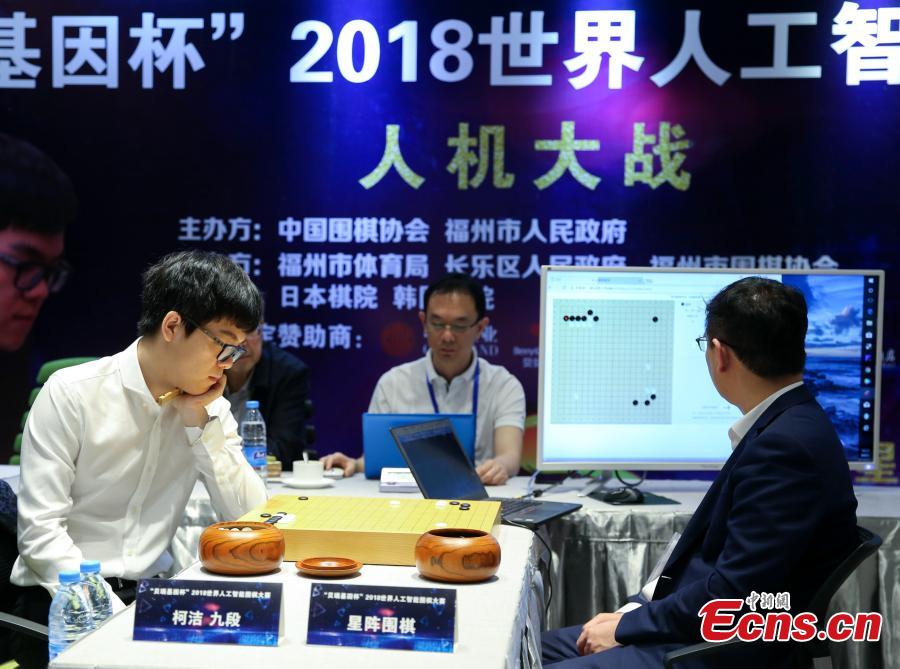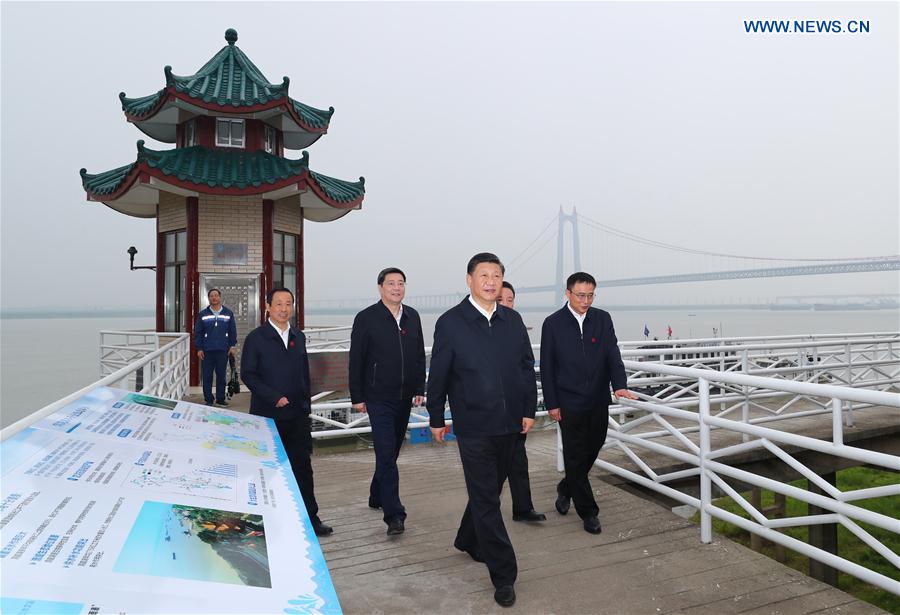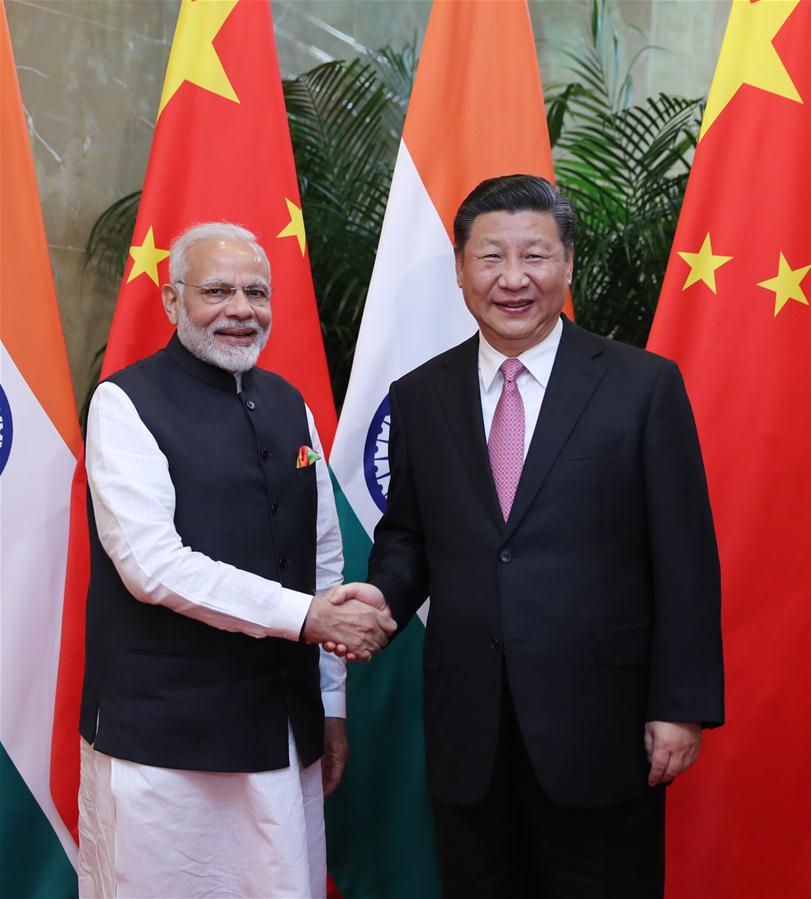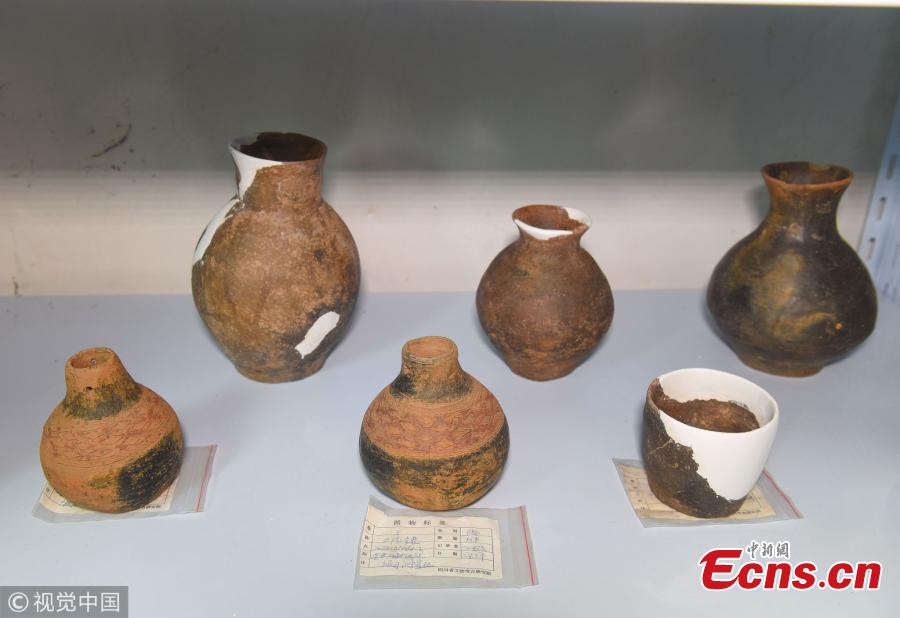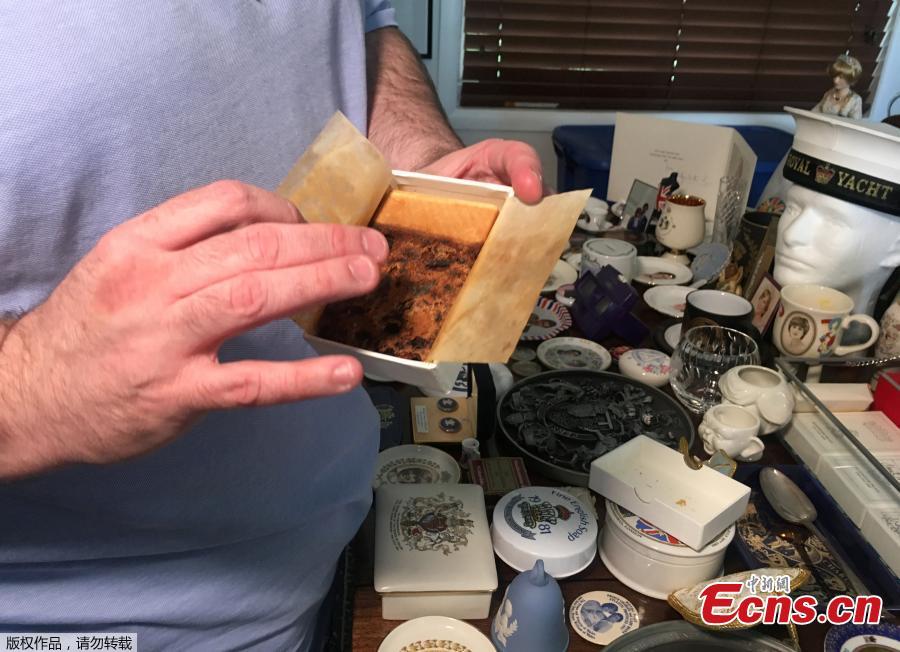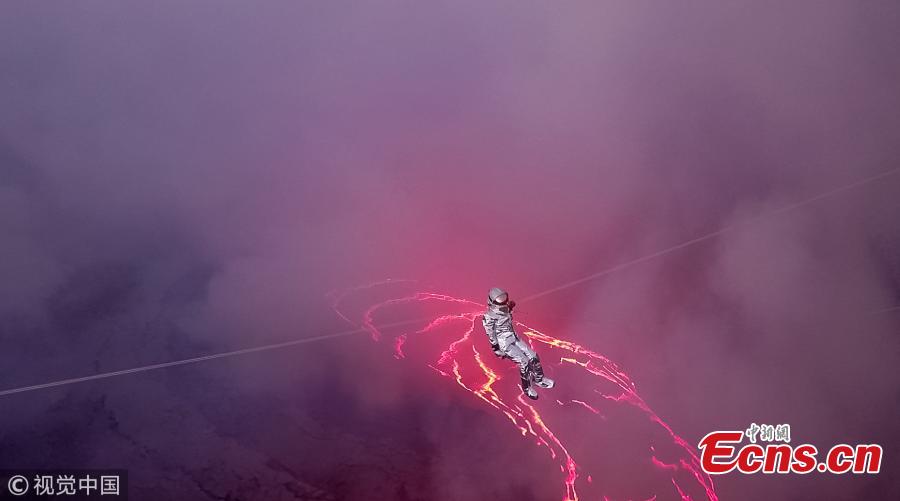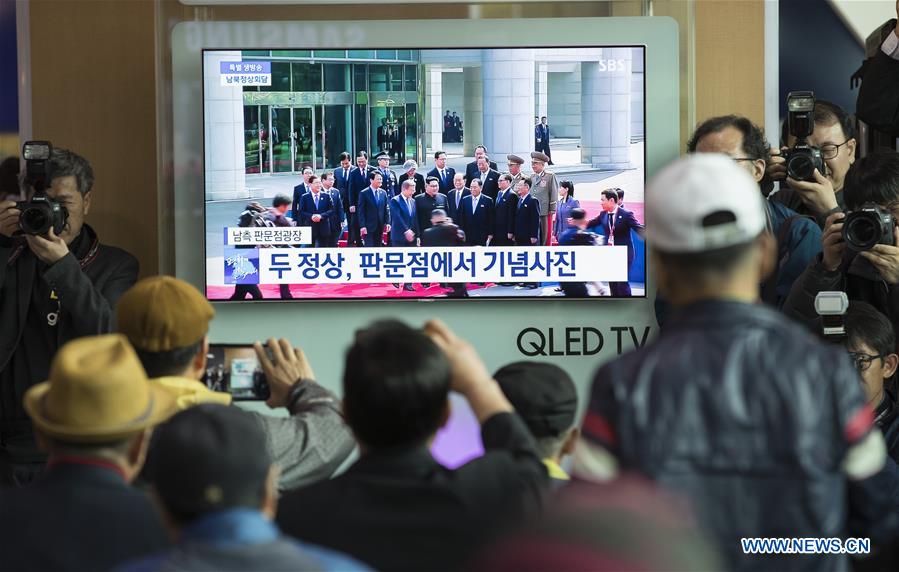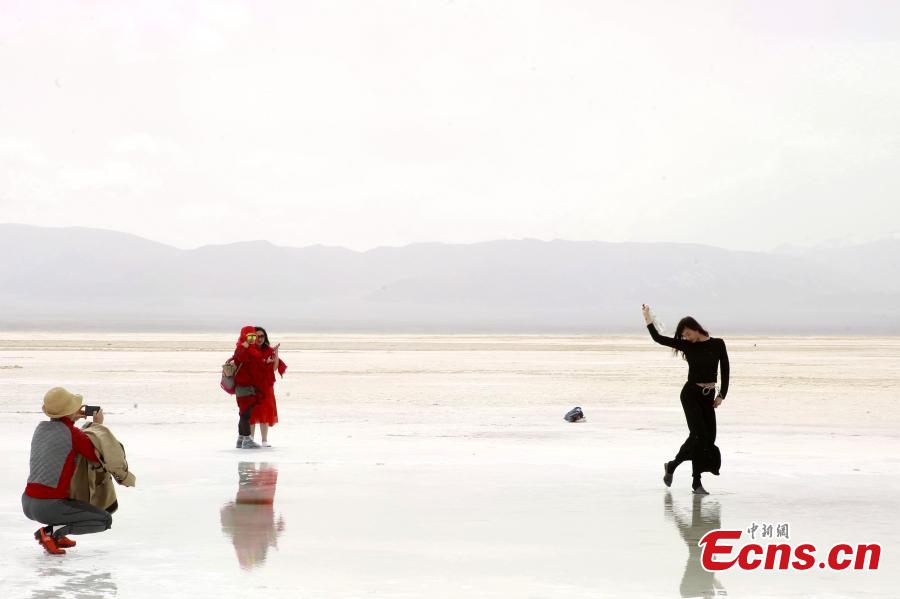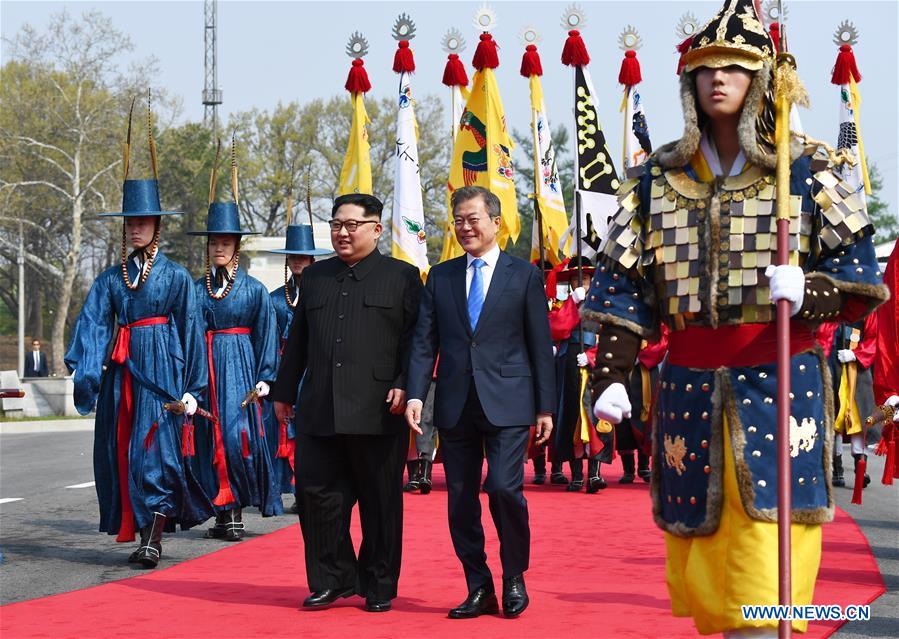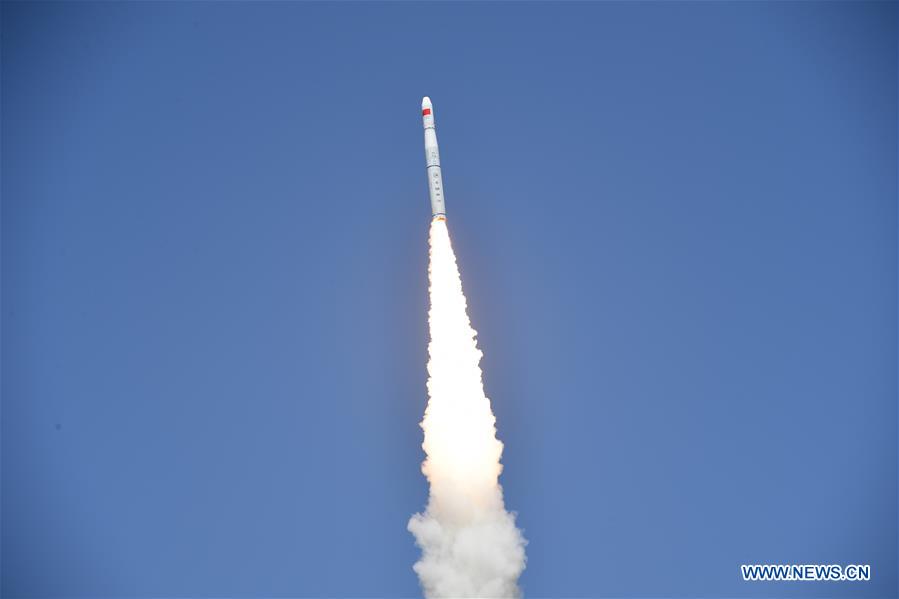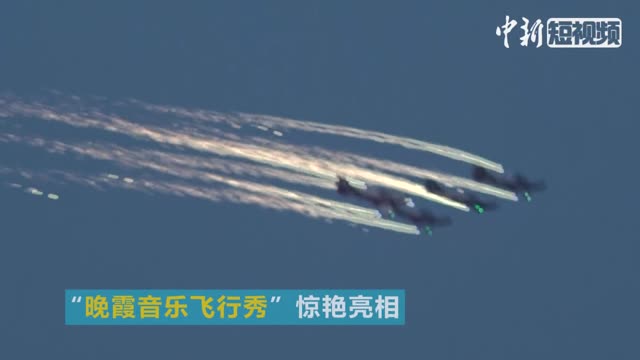The People's Bank of China (PBOC) drained liquidity from the financial system via open market operations this week after a reserve requirement ratio (RRR) cut injected hundreds of billions of yuan into the market.
The central bank skipped open market operations Saturday, which led to a net withdrawal of 270 billion yuan (about 42.6 billion U.S. dollars) from the money market this week.
"The overall liquidity level in the banking system is relatively high as fiscal spending increases near the end of the month," the PBOC said in a statement.
The PBOC pumped in 250 billion yuan through reverse repos this week, while 520 billion yuan of reverse repos matured.
The central bank on Wednesday cut the RRR for banks except policy lenders by one percentage point to help small businesses, and to improve overall stability and liquidity in the economy.
Up to 900 billion yuan of the funds released from the RRR cut has been used to pay back medium-term lending facilities (MLF), while the remaining 400 billion yuan was injected into the banking system.
The PBOC said the prudent and neutral monetary policy stance is unchanged, as after the capital injection from the RRR cut offset corporate tax payments in mid-to-late April, there would be basically no change to overall liquidity in the banking system.
In a research note this week, Wang Tao, UBS chief China economist, said China's monetary policy still needs to strike a fine balance between multiple objectives such as keeping the credit market stable and ensuring steady economic growth.
While Wang expects the PBOC to be more proactive than before in handling market volatility, she believes the general policy direction will remain in line with the 'deleveraging' theme.













